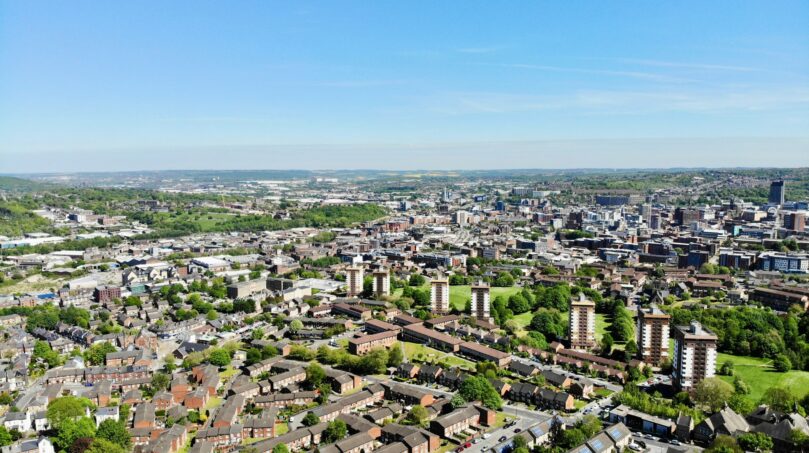In social housing, we aim to provide safe, affordable homes that foster vibrant, inclusive communities. But here’s an uncomfortable truth, most leaders aren’t addressing… We can’t create truly inclusive neighbourhoods if our own workplaces fail to embody diversity, equity, and inclusion (DEI). To build stronger communities, we must first build stronger, more inclusive teams. In this latest article Lubna Haq examines the challenges and opportunities to building a better social housing sector with DEI.
If the people shaping housing solutions don’t feel valued, respected, and empowered, how can they be expected to deliver equitable outcomes for residents? It’s like trying to build a house on a shaky foundation—it simply won’t hold. That’s why prioritising DEI in the workplace isn’t just a nice-to-have; it’s essential to fulfilling the mission of social housing.
Assessing your current state
It’s important to remember that DEI doesn’t equal gender or ethnicity, DEI encompasses an array of characteristics. The first step is to build teams that reflect the communities they serve. Diversity isn’t about checking boxes or meeting quotas; it’s about bringing together a workforce with different perspectives, experiences, and ideas. The key to achieving this lies in innovation and strategy, with an assessment approach. It starts by embracing data as a tool for change. Understanding the makeup of our workforce reveals gaps we need to address and guides targeted recruitment or development efforts.
Reviewing traditional hiring practices is equally critical. Too often, standard methods perpetuate biases, especially unintentional unconscious biases. Incorporating behavioural assessments and creative outreach strategies will help tap into a broader, more diverse pool of candidates. But recruiting diverse talent is just the beginning. Supporting and nurturing that talent is essential. Mentorship and sponsorship programmes can be game-changers, providing employees with guidance to navigate their careers and generate greater value.
Fostering an environment of belonging
Once we build diverse teams, creating an inclusive culture where everyone belongs becomes the next challenge. Inclusion isn’t something that happens naturally—it requires intentional effort. Unconscious bias, for example, affects all of us. Addressing it isn’t a one-time training exercise but an ongoing conversation. Engaging, real-world scenarios can help teams recognise and disrupt these biases, fostering a more inclusive environment.
Equally important are Employee Resource Groups (ERGs), which create safe spaces for employees to connect, share experiences, and advocate for change. These groups also provide leadership with invaluable insights into the needs of diverse teams. Another crucial factor is flexibility. Life doesn’t fit neatly into a 9-to-5 box, and providing flexible work arrangements supports employees with caregiving responsibilities, health needs, and other commitments, making work more accessible to everyone.
Invest in people
Beyond inclusion, equity means creating fair opportunities for everyone to grow and thrive. Pay equity audits should be a baseline requirement—equal pay for equal work is non-negotiable. Investing in continuous learning and professional development empowers employees to acquire new skills and advance their careers. Leadership development is also essential. Our leadership teams need to reflect the diversity of our workforce and the communities we serve. Diverse leaders bring valuable perspectives that shape more inclusive decision-making, providing 360 vision and removing blindspots.
Innovation is the glue that holds all these efforts together. Technology can accelerate progress by providing DEI dashboards that track diversity metrics, online learning platforms for accessible training, and collaboration tools that connect teams across different locations and backgrounds.
The takeaway is clear: building a better social housing sector starts from within. DEI isn’t just about creating better workplaces—it’s about creating better communities. When social housing organisations prioritise equity and inclusion, the ripple effects extend far beyond their own teams. Residents benefit, neighbourhoods thrive, and the mission of social housing is fulfilled in its truest form.
Those serious about creating lasting change, must act now. DEI isn’t an abstract ideal—it’s a concrete foundation for progress. By embedding it into every aspect of the social housing sector, we can build a future where both communities and the people who serve them can flourish. That’s a win-win worth striving for.
